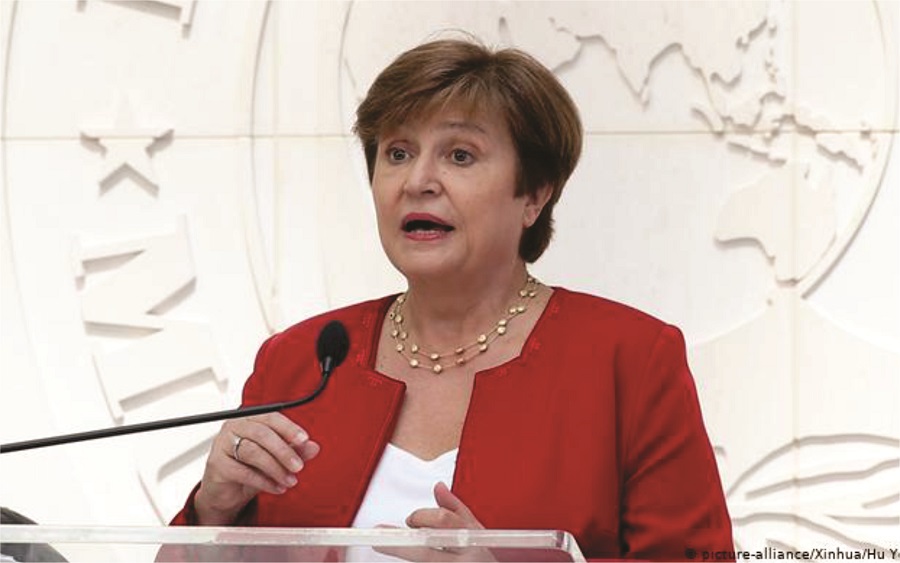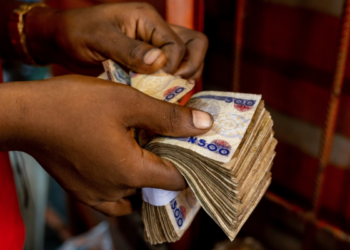Nigeria and other developing countries have been recommended by the International Monetary Fund to investigate the revenue potential of personal income tax and, if necessary, expand it.
This was revealed in a new IMF study that looked into the possibility of expanding the use of fiscal instruments in developing countries, where many people live on low wages.
According to the IMF, many governments seeking long-term economic recovery from the pandemic must raise considerable sums of money in the most equitable manner possible.
What the IMF is saying
IMF said, “Low-Income Developing Countries (LIDCs) that improved their tax-to-GDP ratios relied on a broader set of tax instruments and not exclusively on the PIT, suggesting that a successful revenue mobilization strategy of developing countries requires a comprehensive approach covering a wider range of taxes.”
Although progress has been made by some emerging economies, the Washington-based lender says there is room for improvements.
“Developing countries have shown remarkable progress in using the personal income tax,” the IMF stated.
The IMF said, “But gradual changes have been taking place. In the two decades preceding the pandemic, income tax revenue more than doubled in low-income countries, rising from the equivalent of 1 percent of GDP to 2.1 percent, while emerging markets saw an increase from 2.1% to 3.1%. These were also reflected in share of the tax in overall tax intake, which went from 5 percent to 8 percent of total tax revenue in low-income countries and from 9% to 11% in emerging markets.”
- According to the International Monetary Fund, the driving force behind the increase in personal income tax revenues is the reduction in the size of the informal sector, as measured by the share of self-employed workers in the labour force and the share of agriculture in the economy, as well as increases in per capita income and the size of the public-sector wage bill.
- Improvements in tax administration could also help improve revenue, however, this applies to other taxes as well. Furthermore, the pandemic’s faster migration to digitalized services may pave the path for better income tax planning and enforcement.
- The IMF stated that taxes were necessary for inclusive growth and should play a bigger role in the economy. IMF said, “income taxes can still be important for inclusive growth if properly designed and revenues well spent. Our research—together with the history of the tax in advanced economies—shows that the personal income tax should evolve into a more significant source of revenue as countries develop.”
What you should know
- Nigeria recorded a total tax collection of about N8.8 trillion in 2020 translating to a tax to GDP ratio of 6.1%.
- The Federal Inland Revenue Service (FIRS) has disclosed that it generated the sum of N4.396 trillion in taxes from the non-oil sector in 2021 compared to N2.507 trillion collected in 2017.
- Because it is difficult to get dollars, Nigeria has allowed enterprises with outstanding foreign currency tax bills to pay in Naira, giving the organizations the chance to pay cheaper taxes
- Federal Inland Revenue Service(FIRS) has called for a comprehensive aggregation of revenues generated at the national and sub-national levels in Nigeria. The organization also review the challenges of the “informal sector which constitutes about 70% of businesses in Nigeria and the reform options available to bring them into the tax net”




















